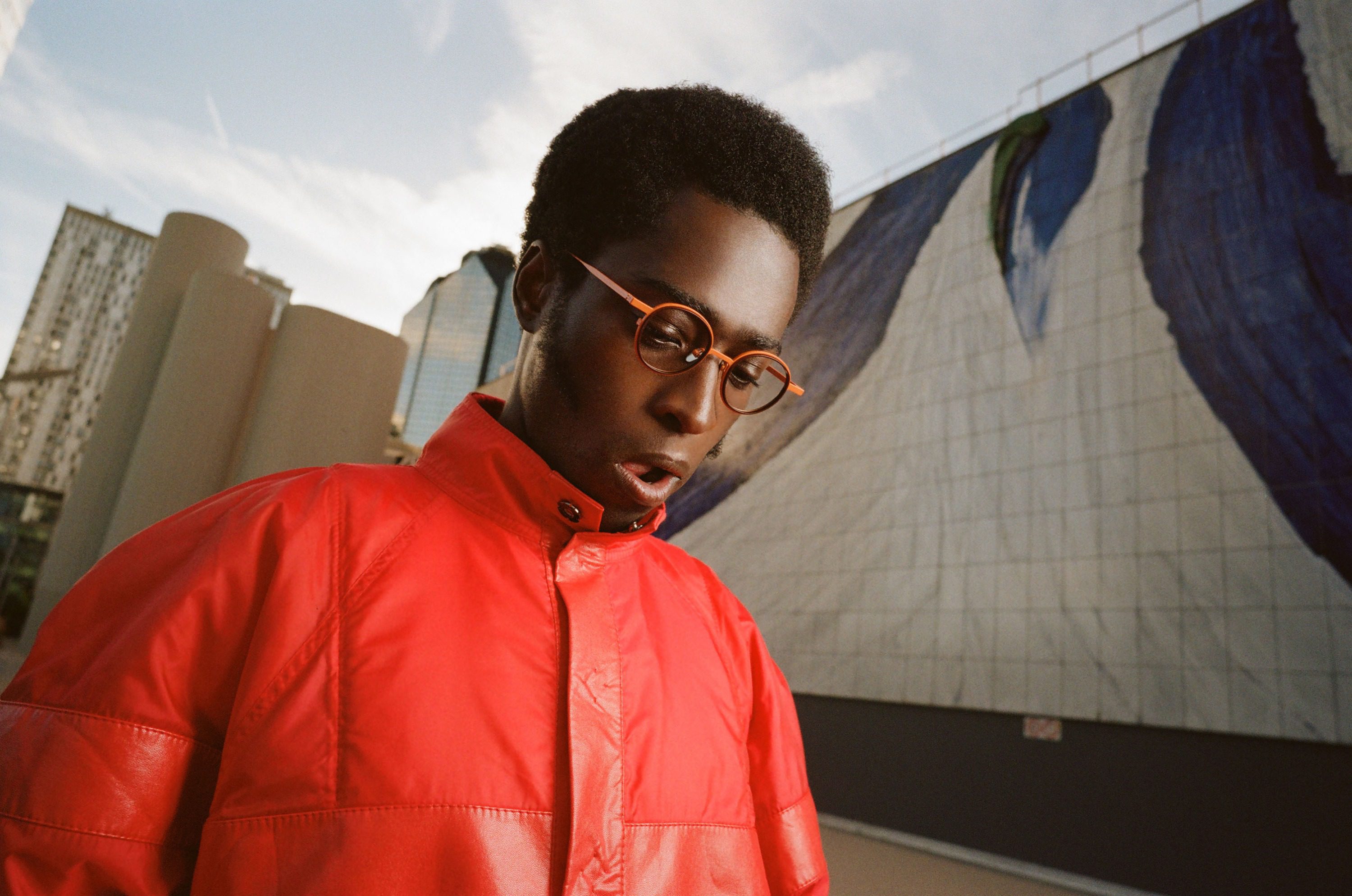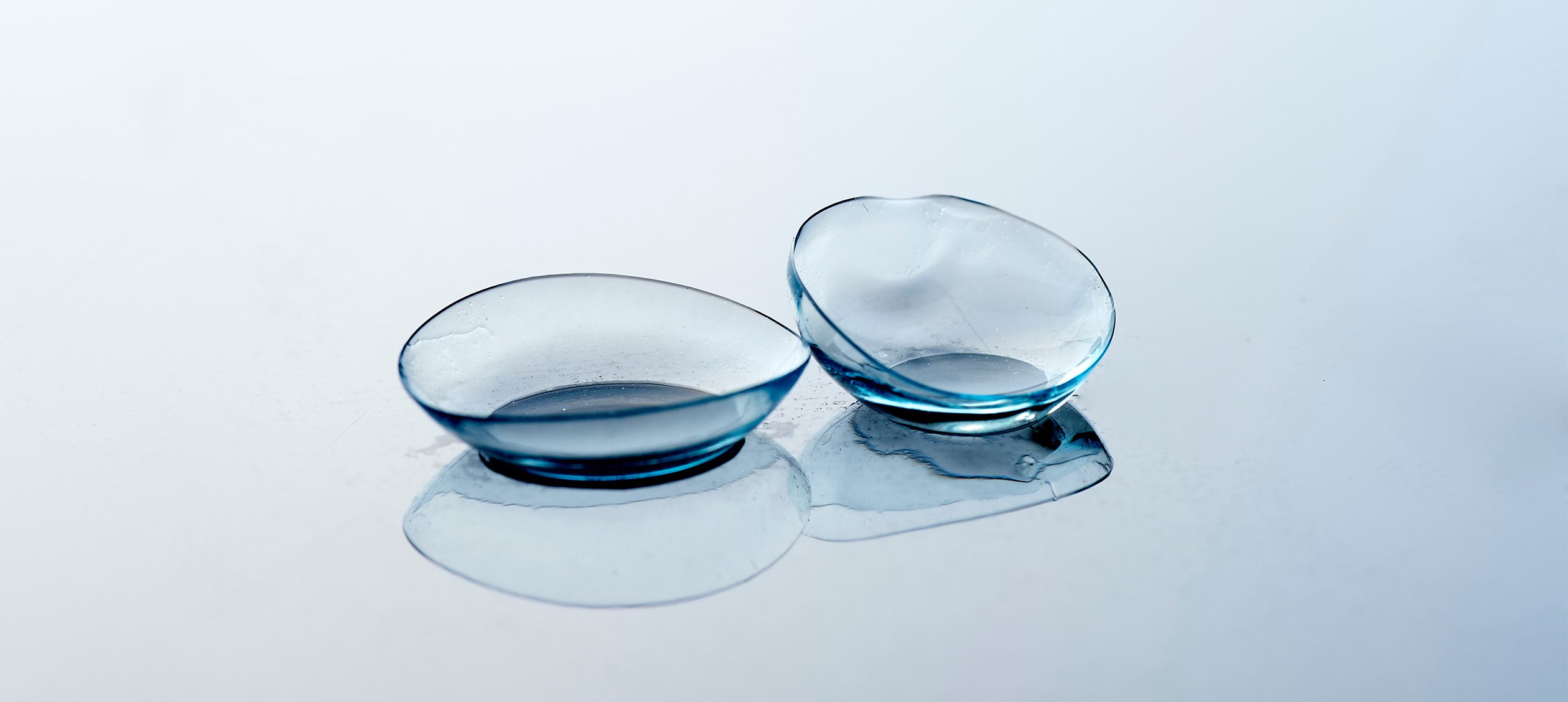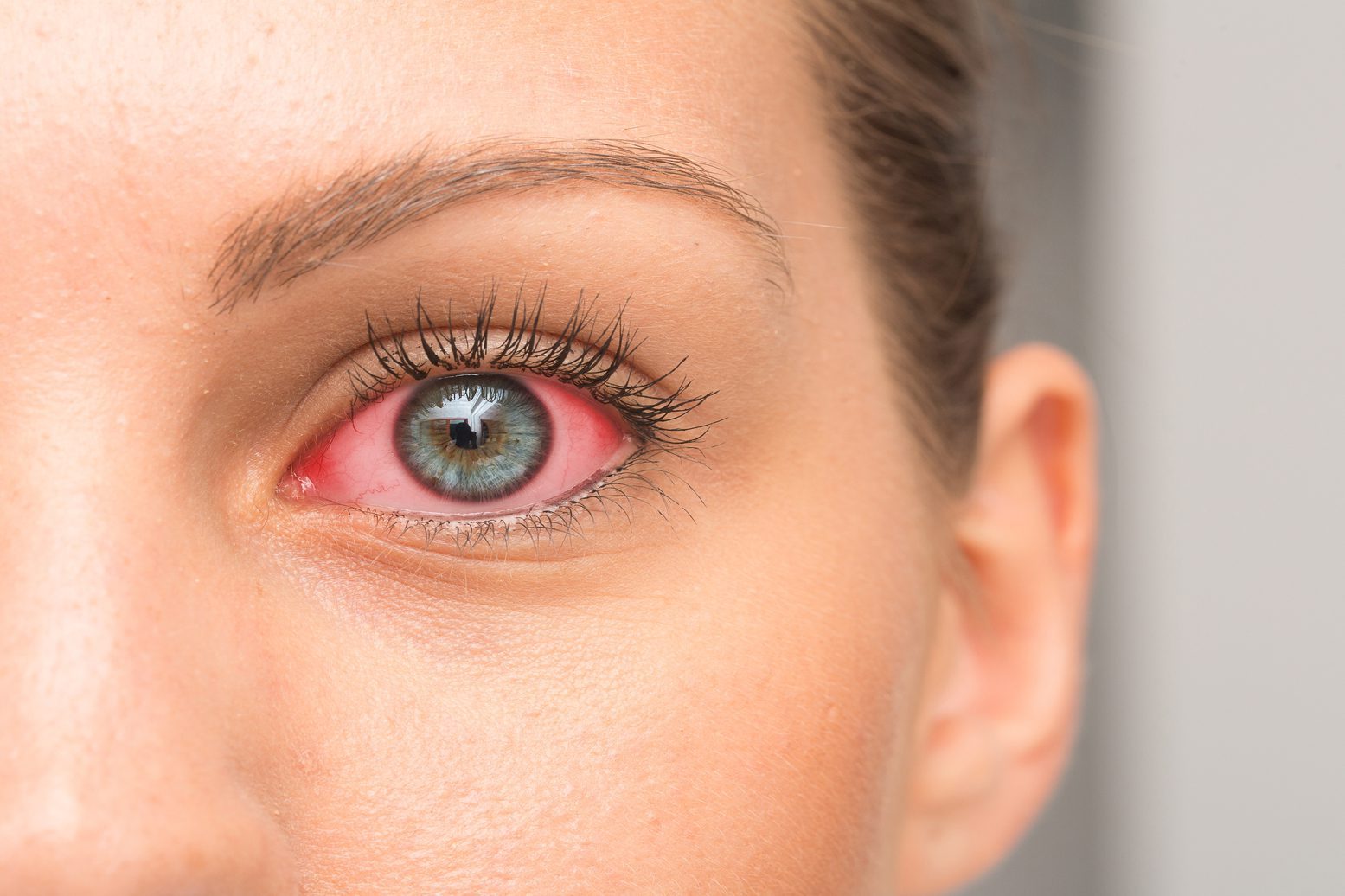
Eyewear
2022’s New Glasses Trends for Men & Women
New year, new style! And what could be better than a new pair of glasses to start the year under the best look. VU guides you through the major eyewear trends of 2022 for the hottest look!
FAQ

Glasses or contact lenses: what to wear?
FAQ
When you suffer from vision problems, it’s necessary to go to an optometrist for a complete visual examination. This, in addition to completing a total checkup of your eye health, will determine if you need to wear visual orthoses to correct your vision. You will have the choice between wearing glasses or contact lenses. You don’t know what to choose between these two solutions? Do they offer the same comfort and the same improvement in day-to-day vision? This is what we will try to explain through this article.
By definition, contact lenses are worn directly in contact with the cornea (surface of the eye), and offer several advantages: in addition to being ultra discreet, they correct most visual defects, i.e. myopia, hyperopia, astigmatism and presbyopia.
There are 2 main types of corrective lenses:
There are many advantages to wearing contact lenses and for good reason, they are very discreet, effective and easy to wear. Always more flexible, thin and adapted to the morphology of your eye, they are to be preferred if you are the active type!
On the other hand, a good pair of glasses is never out of trend!
Now, it is also important to understand the limitations and downsides of each of these medical devices.
Price: a pair of glasses for sure, represents a certain budget: between the selection of glasses custom designed for you and the choice of frame, the bill can be higher than contact lenses.
In itself, everything will depend on your preferences, your level of comfort and above all, what your optometrist recommends. Contact lenses are certainly easier and more discreet to wear, while glasses have become a real style accessory. Why don’t we meet at our VU clinic in Montreal to discuss the visual orthosis you need? Our team of specialists will be happy to guide you towards better vision, all in comfort.

Eyewear
New year, new style! And what could be better than a new pair of glasses to start the year under the best look. VU guides you through the major eyewear trends of 2022 for the hottest look!

Advices & tips
Do you suffer from fatigue, dry eyes or headaches? Are your eyes red, itchy or scratchy? This may be one of the effects of overexposure to screens and the blue light that comes from them. VU, your optician specializing in eye disorders and dryness in Montreal, will explain how anti-blue light lenses work and how they can help you.

Eye health
Are your eyes red? We'll explain the majority of causes to you and how to fight against this phenomenon.